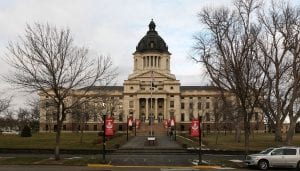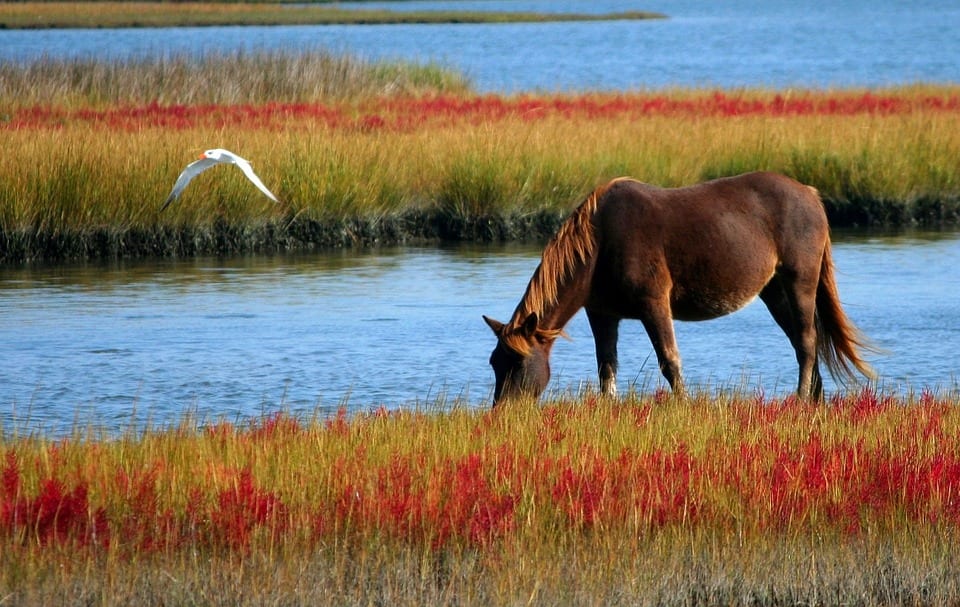Earlier this month, the South Dakota Supreme Court rejected a wild horse sanctuary’s attempt to “rid itself of a conservation easement.” The horse sanctuary, known as the Black Hills Wild Horse Sanctuary, is located in southern Black Hills near Hot Springs. According to an opinion filed on Wednesday and written by Chief Justice David Gilbertson, the court “affirmed an earlier circuit court dismissal of a lawsuit from the Institute of Range and the American Mustang, which operates the Black Hills Wild Horse Sanctuary.”
Earlier this month, the South Dakota Supreme Court rejected a wild horse sanctuary’s attempt to “rid itself of a conservation easement.” The horse sanctuary, known as the Black Hills Wild Horse Sanctuary, is located in southern Black Hills near Hot Springs. According to an opinion filed on Wednesday and written by Chief Justice David Gilbertson, the court “affirmed an earlier circuit court dismissal of a lawsuit from the Institute of Range and the American Mustang, which operates the Black Hills Wild Horse Sanctuary.”
The horse sanctuary originally filed its suit back in 2016 and alleged that it was “fraudulently induced into granting a conservation easement in 1998 to The Nature Conservancy, a global nonprofit with an office in Rapid City.” According to the suit, the easement “covers approximately 8,300 acres of the sanctuary’s land and prohibits certain uses, to ensure the land will remain in a mostly natural and undeveloped state.” Additionally, the easement also ensured the conservancy has a “50% share of the proceeds if a change in conditions ever causes the easement to be extinguished and the land to be sold.” Essentially, the conservancy would have to “apply its share of the proceeds to another conservation project.”

The Conservancy ended up paying the Black Hills Wild Horse Sanctuary $230,000 “in exchange for the easement…which it used to pay off a land mortgage.”
So why did the court rule against the horse sanctuary? Well, according to Gilbertson’s opinion, there were “three main claims in the lawsuit” that the court rejected. For starters, the sanctuary argued that The Nature Conservancy “obtained the conservation easement by fraud.” The court disagreed with the claim and said the “failure of sanctuary founder Dayton Hyde to examine or read the easement deed was not the action of a reasonable prudent person and that his failure to determine the content of the deed must be described as negligence.”
In addition, the court found “a six-year statute of limitations precluded the sanctuary from claiming in 2016 that it had been defrauded in 1998.” In another claim, Hyde argued that he “entered into the transaction without corporate authority,” though the court “found no supporting evidence.” Lastly, the court noted a “lack of supporting evidence for the sanctuary’s claim that there was a failure of consideration and no meeting of the minds concerning the easement terms granting a property interest to The Nature Conservancy.”
The opinion issued this week further affirms a circuit court decision to toss out the lawsuit.


Join the conversation!